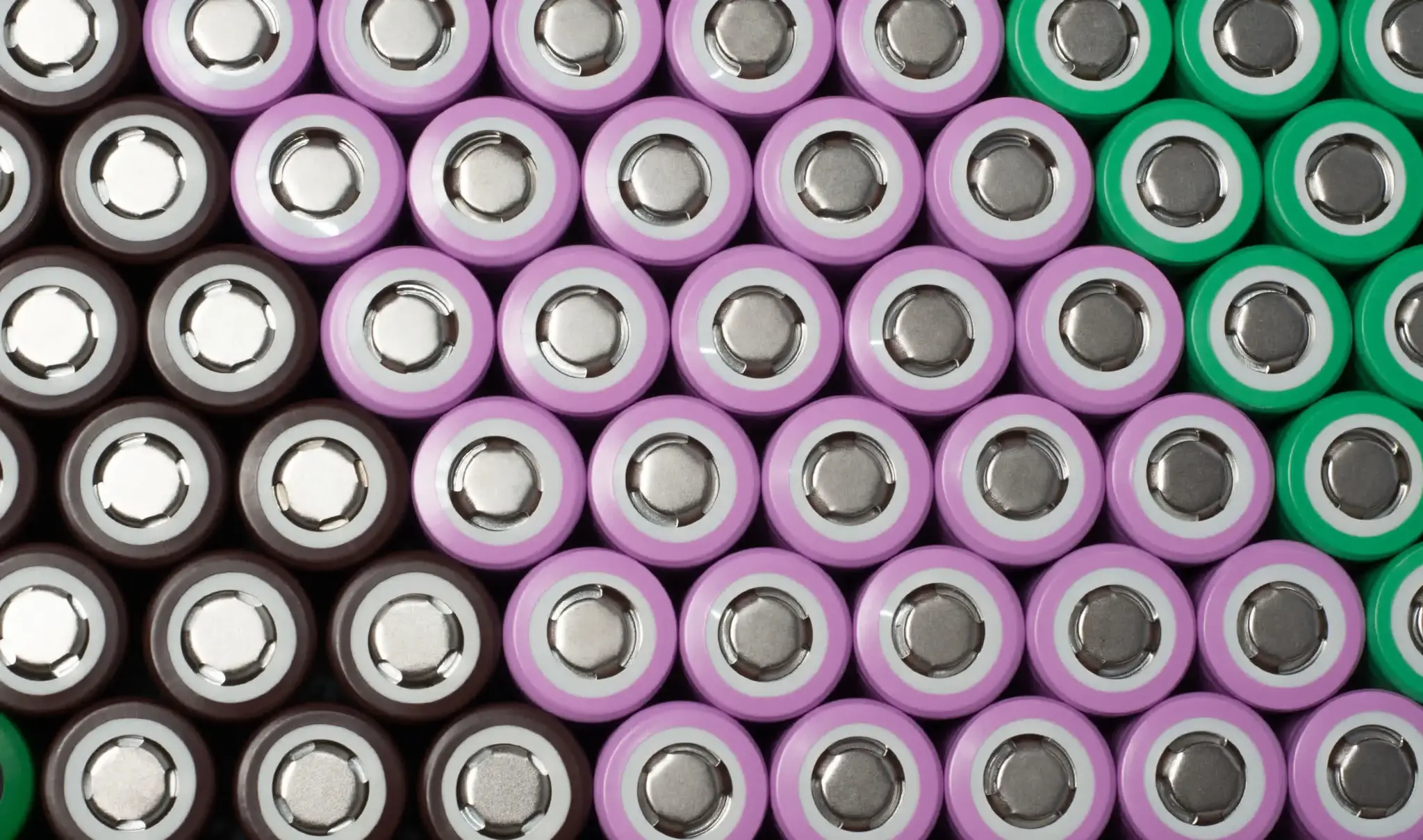Yeah I’ll believe it when I can buy one off the shelf with an xt60 connector, and strap it to my drone.
If they can already double the energy density of LiFePO4 in the lab and a 25kWh prototype is already in use and rated for 250km, while getting rid of cobalt and removing all the explosive hazards with a cathode base material one-tenth the price that can be made on existing lines, why is research into lithium ion even continuing for this application?
Either the story is connecting lots of dots that actually have yet to be drawn, or Big Lithium is up to shenanigans.
I highly doubt that Lithium mines have that sort of power. More likely there are either more mundane suspected downsides that aren’t being so breathlessly reported, or simply that it’s too new.
It takes time to switch production lines, and actual demand from battery consumers. Of Lithium Ion is good enough to meet thier requirements than why rush to something that hasn’t been proven in the field yet? If thier already struggling to meet demand with thier current output why risk taking a bunch of lines down to maybe see demand there?
Take CPUs for example, ARM CPUs where kind of a joke 20 years ago, but now they are taking over X86. So its actually not bad working on competing technologies. Even about cars there is an example like that, also maybe 20 years ago battery cars where kind of a joke, while hydrogen fuelcells where all the hype back in the day. While now it seems battery is definitely winning. Although maybe in the next 20 years this turned out to be completely wrong again.
There may be an ARM “takeover” of x86 at some point, but that day is very much not today unless you believe the PC market consists solely of Macs.
The hydrogen issue seems to continue being storage. Even if you have all the green electricity you want for electrolysis, the product cannot just go in a tank at anywhere near sea-level pressure and temperature.
There may be an ARM “takeover” of x86 at some point, but that day is very much not today unless you believe the PC market consists solely of Macs.
I’d argue that overwhelming majority of people in the world use their phone as their primary computing device. ARM took over years ago.
Man I wonder how conservatives will justify still driving fossil fuel cars now, because we all know they will. They keep using “Dangerous and terrible lithium mining” as their first and foremost excuse, if we get cheaper and easier to make batteries I wonder what the next scapegoat will be.
I know, lithium mining is terrible, but we all know that they don’t actually care about it being terrible. They’re just regurgitating what Fox has told them
As a leftist, the fact that everybody has just gone along with the concept that battery-powered vehicles are an everyday necessity is pretty frustrating. Long-haul trucks with batteries instead of freight trains. There’s a trial in Germany powering trucks on freeways with overhead lines. People with range anxiety dragging around a 500km-range battery for their usual 40km daily driving, just so they can do their once yearly road trip. When better public transport could solve this. We don’t need new battery technology, we just need to actually spend the money to improve public transport.
My perspective…in the US, EVs are at the tipping point of displacing ICE on cost and practicality. Battery research plus scale production of batteries will only push that forward from here. Average car in the US is ~13 years old. If we’re looking out 15 years to the entire US fleet of cars transitioning to EV, that’s a staggering change in energy delivery…largely paid by joe six-pack buying their next car. More on that in a minute.
I have no idea where battery recycling/reuse will end up, or whether vehicle/grid storage will play out, but I am fairly confident that there is economic value that will be extracted at the end of the car’s lifespan or the battery pack’s lifespan in that car. So…joe six-pack’s rational big battery EV purchase today not only completely rewrites US energy consumption in the next decade, it bought enough grid storage to meaningfully push through intermittency concerns of renewables.
Meanwhile, in my area of the country that has extensive mass transit networks, the outlook is bleak. My state subsidizes mass transit that primarily takes residents to another state for work, where they pay taxes to the other state, then primarily consume services in the home state. The federal government takes way more in taxes than it sends back to the state in support or services. Occasionally, federal democrats take control and send a bone, that gets yanked as soon as Republicans are back in. My state and the public transit agency get starved, service diminished, more cars. Rationally, the other state should contribute some of those tax collections to my state’s mass transit, for efficiency, fairness, and to keep cars off the road, right? Instead, the other state imposed a gas tax that it refuses to apply to supporting transit agencies in surrounding states that send workers.
I don’t see things getting better for mass transit in my neck of the woods. Big battery EV adoption might not be ideal, but at least it drives decarbonization and convinces masses of unsuspecting people to fund batteries that have lasting value.
I’ve seen so many “this new battery technology” articles over the past decade, I can’t bring myself to care until it enters production.
from the first paragraph of the article, it sounds like they share your feelings:
Battery technology is one of those areas that is getting a lot of promising research results but very little in the form of commercial products we can use to power digital devices, electric vehicles, or off-grid homes. That may soon change thanks to sodium-ion batteries that are safer, more durable, and cheaper to manufacture when compared to conventional lithium-ion batteries.
Until then take it with a grain of salt.
I see what you did there.
This is an ignorant opinion. My first cell phone (about 30 years ago) had a battery pack about as big as my current cell phone, and had a capacity of 500 mAh. My current phone has a bigger screen, the rest of the phone, and a 4000 mAh battery. How do you suppose that happened if none of those new battery technologies ever panned out?
Of course battery technology improved, but the amount of news articles claiming XYZ will change technology forever outnumbers the actual number of innovations 100 to 1
I agree that the technologies did pan out, but I don’t think it’s an ignorant opinion.
I also feel blasé about the new battery articles because they tend to promise orders of magnitude changes rather than incremental change. Batteries did get much better, but it doesn’t really feel that way I suppose. Our experience of battery power hasn’t changed much.
It’s really about getting excited about the article or the tech, it takes so long to see its mild effects that there’s no real cashing out on the excitement, so it’s not very satisfying.
Our experience about internal combustion engines are the same. We get lower emissions, better mileage, more horsepower in a given form factor, and vehicles get bigger, have more features, and maybe a smaller gas tank and they feel like they have the same capacity as 60 years ago.
Likewise with phones. The phone I described had a 24-hour capacity, just like the one I have now. But the old one could only do phone calls and SMS, and had an amber LED display. Now my phone has more power, capacity, and connectivity than my first home computer…and needs to be charged daily.
People become accustomed to new things, and manufacturers design their products to utilize new capabilities in the way they think is most marketable. My phone could have a 10000 mAh battery, but then people would complain about weight and thickness.
That’s just how media works. Sexy titles about revolutionary new technologies attract clicks, whereas titles about tiny incremental improvements don’t.
Most likely, the incremental and practical improvements have also been documented in special magazines and journals written for battery experts. It’s just that those articles tend to stay in the bubble of the battery experts.
Many of them are also like these announcements, just 5 or 10 years before they show up in batteries.










